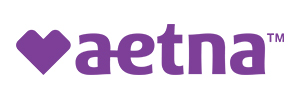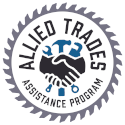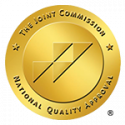Admission Inquiry Form
Ready to get more information and start the admissions process?
Verify Your Insurance Coverage
What you need to get started:
Health Insurance Card
We promise to keep your information confidential.
1Insurance Disclaimer: Sobriety Solutions will attempt to verify your health insurance benefits and/or necessary authorizations on your behalf. Please note, this is only a quote of benefits and/or authorization. We cannot guarantee payment or verification eligibility as conveyed by your health insurance provider will be accurate and complete. Payment of benefits are subject to all terms, conditions, limitations, and exclusions of the member’s contract at time of service. Your health insurance company will only pay for services that it determines to be “reasonable and necessary.” Sobriety Solutions will make every effort to have all services preauthorized by your health insurance company. If your health insurance company determines that a particular service is not reasonable and necessary, or that a particular service is not covered under your plan, your insurer will deny payment for that service and it will become your responsibility.









